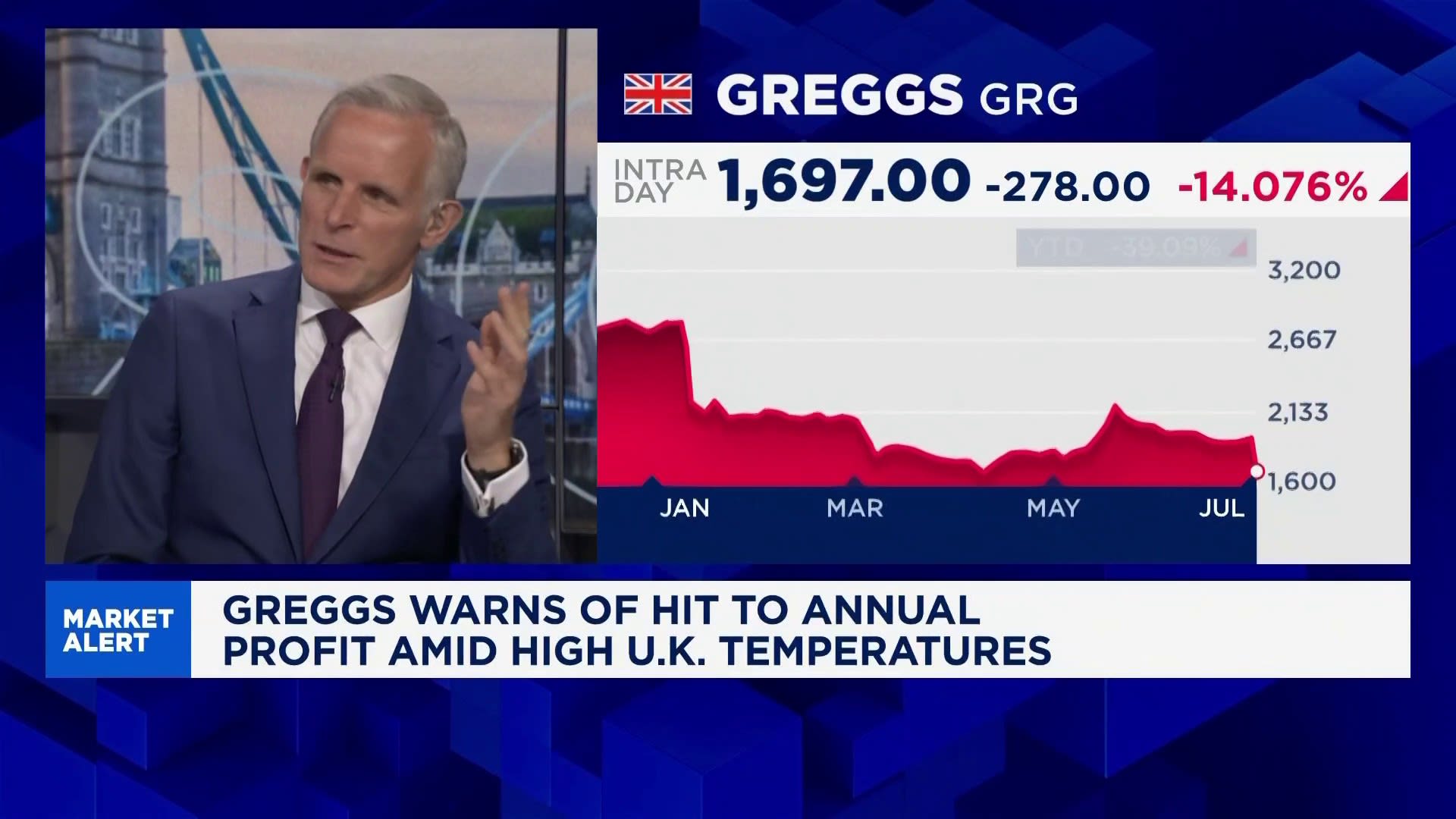Keeping your teeth healthy isn’t just about flashing a nice smile for photos. It’s a mix of habits and routine, but even with all that brushing and flossing, the dentist may still recommend a cleaning. If you’ve ever wondered why this might be the case, here’s a clear look at what’s involved and why it’s often necessary for your dental health.
Why Home Care Isn’t Always Enough
Brushing twice daily and flossing are excellent for keeping most plaque at bay. Think of brushing as your daily workout for your mouth: it’s essential, it helps, but there are some things only the pros can handle. Plaque, that sticky layer of bacteria, starts forming on your teeth as soon as you eat or drink. For most people, it can be managed at home, but if it’s not removed thoroughly, it turns into tartar—a hardened deposit that sticks tightly to your teeth and won’t budge with regular brushing.
The Difference Between Plaque and Tartar
Plaque is the soft, sticky stuff on your teeth that you’re probably brushing off each day. Tartar, on the other hand, is hardened plaque that attaches itself to the enamel. Once plaque becomes tartar, only professional tools can remove it effectively. And tartar buildup isn’t just about aesthetics. It creates rough surfaces on your teeth, where more bacteria can grow, making it harder to keep your mouth healthy even with good home care.
In other words, those regular cleanings are there to catch the spots we miss and prevent tartar from taking over. No matter how careful we are with our at-home routine, there will likely be a few areas where tartar can start building up if left unchecked.
What Happens During a Professional Cleaning?
Dental cleanings go beyond what most of us can do at home. They use specialized tools, like ultrasonic scalers, which vibrate to shake off stubborn tartar. Hygienists also clean along the gumline, targeting areas prone to inflammation that can lead to gingivitis if not cleaned well. They can see and reach areas that are nearly impossible to get on your own, even with a top-tier toothbrush.
Beyond just removing tartar, the dental hygienist can polish your teeth to help smooth out the enamel and discourage plaque from adhering. It’s a kind of “reset” for your teeth—a chance to get everything as clean as possible so your daily brushing routine is more effective. This isn’t something you can recreate with regular brushing, and it makes a noticeable difference in both dental health and how fresh your mouth feels.
So, Why Get Regular Cleanings If Your Teeth Feel Fine?
It’s easy to assume that if your teeth aren’t hurting, they’re fine. But gum disease and other dental issues can creep in slowly without any obvious symptoms. Gum disease begins as mild inflammation (gingivitis) and, left untreated, can develop into periodontitis. This is when the infection starts breaking down the tissues supporting your teeth, which can lead to serious issues if ignored.
Routine cleanings aren’t just about dealing with tartar; they’re also a chance for a dental professional to keep tabs on your overall oral health. Any small signs of inflammation, pockets forming in the gums, or other changes are easier to handle when caught early. Ignoring these issues means they can develop silently, showing up later as major problems that are both more uncomfortable and costly to fix.
Are All Cleanings the Same?
Not all dental cleanings are alike, and what you need might vary. Most people get a “routine cleaning,” which is generally what the hygienist does for preventative care. But if you have gum issues, you may need a “deep cleaning” (also called scaling and root planing), which targets bacteria below the gumline. This type of cleaning is more intense and might require multiple visits to complete. Deep cleanings are typically only recommended when there are signs of gum disease that need to be addressed to prevent further damage.
What About DIY Dental Cleaning Tools?
It’s tempting to grab one of those dental scraper kits online and go to town on your own teeth. But there are risks to trying this at home. Dental hygienists and dentists train for years to safely remove tartar without damaging your enamel or gums. The tools they use aren’t just about scraping off tartar—they’re designed to do so carefully, without scratching your enamel or irritating your gums.
Going DIY with a dental scaler, especially if you’re not trained, can lead to small injuries or even infections if bacteria enter through cuts in the gums. It’s generally safer (and less stressful!) to leave this part of dental care to professionals.
Preventing Tartar Buildup Between Cleanings
One reason people often end up with frequent cleanings is tartar buildup, which can be hard to avoid entirely but can be managed. Start by paying extra attention to brushing at the gumline, where plaque is more likely to turn into tartar. Electric toothbrushes can also make a big difference here, as they help with more thorough cleaning in those tricky spots.
Flossing is non-negotiable in preventing tartar buildup. It clears out the debris between your teeth that brushing alone can’t reach. Consider mouthwash as an extra step in your routine, especially one with fluoride or antibacterial properties. While mouthwash won’t physically remove plaque, it can help reduce bacteria and keep your mouth fresher.
Can You Really Skip a Cleaning?
For some people, a strict oral hygiene routine may mean they can stretch their time between cleanings. If you have very minimal tartar buildup, a dentist might agree to an annual cleaning instead of every six months. But for the majority, skipping cleanings can lead to hidden buildup and increase the risk of gum issues over time. Consistent, professional cleaning is a crucial part of staying ahead of potential dental issues that may not be noticeable day to day.
What If You’ve Already Skipped a Few Cleanings?
If it’s been a while since your last cleaning, it’s worth scheduling an appointment. The good news is that even if some tartar has built up, a deep cleaning can remove it and get you back on track. Keep in mind that regular visits aren’t about making up for lost time—they’re about maintaining your mouth’s health.
When you get back into a routine, maintaining your teeth between cleanings becomes easier, and you’re less likely to end up needing intensive dental work down the line.
A Long-Term Investment in Your Health
While it’s true that professional cleanings require time and a bit of money, they’re ultimately an investment in both your oral and overall health. Dental health is often closely linked to heart health and other systems in the body. Regular cleanings help prevent gum disease and can even reduce your risk of complications that stem from inflammation.
The benefit of seeing your dentist regularly also extends to the early detection of oral health issues. From spotting cavities before they become painful to checking for any early signs of gum disease, these routine visits are essential for a more holistic approach to health.











